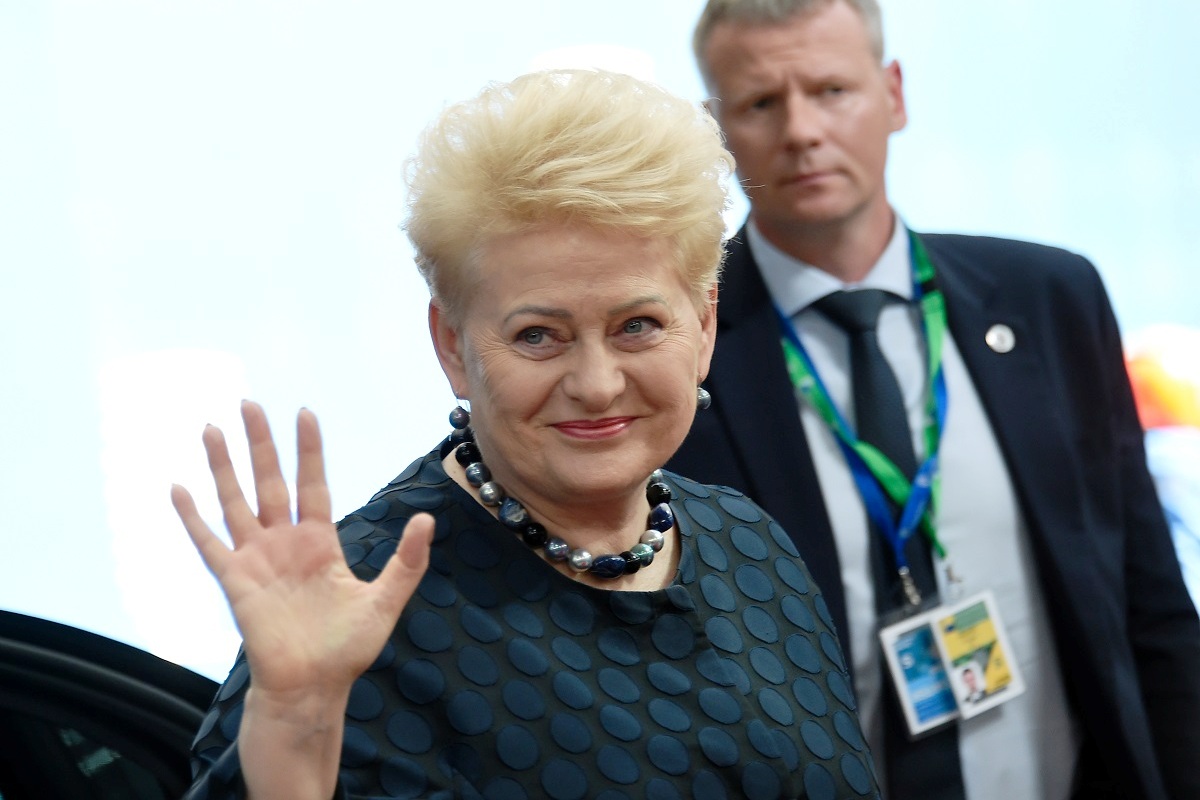Crisis piles on crisis.
And the constitutional history of Britain and Europe becomes still more tumultuous with the result of the elections to the European Parliament, believed to be the second largest tryst with democracy, after India’s. The outcome has dealt a crippling blow to the Conservative party and the prospect of a nodeal Brexit has become ever so brighter.
The Tory leadership has been humiliated by Nigel Farage’s Brexit party; hence the vow to take the United Kingdom out of the European Union in October. That the result represents an “existential threat” to the Tories, to quote the Foreign Secretary, Jeremy Hunt, may not exactly be the foreboding of the Jeremiah.
It would be premature quite yet to craft the obituary of the Conservative party. Britain is in a flux as seldom before in its history; further comment must await the evolution of developments, not least Theresa May’s contemplated resignation on 7 June. Suffice it to register that the Channel is the thread that can bind or break Britain’s equation with Europe, and in the immediate aftermath of the result, Boris Johnson, the Prime Minister in the wings, has not ruled out a no-deal Brexit.
On Monday, the Tories were plunged into a humiliating fifth place in the European Parliament with just 9 per cent of the vote. At another remove, the Brexit party won over millions of voters frustrated over Mrs May’s failure to leave as planned on 29 March this year. Ergo, the setback in Brussels is as much for the party as to the person going through the wrapup motions of her prime ministership. The voters have emitted an unequivocal signal ~ Britain must leave the EU on 31 October with a clean break as nothing else will wash now.
The message of the vote resonates across the echo chambers of the Continent. Despite the humiliation, the election to the European Parliament has brought Britain to the centrestage, albeit in profoundly unflattering circumstances. Politically, the election has had an immediate impact, with the Home secretary, Sajid Javid, entering the crowded race for the succession on Monday.
And alone in the party, he has underlined the need to “bridge divisions” in the hope of healing the scars of the long-running debate over EU membership. Small wonder the European elections of 2019 have been regarded as “one of the most consequential destabilisations of the political order in modern British history”.
One could argue that Mrs May ~ who announced her resignation plans last Friday ~ was remarkably prescient. The British Prime Minister had never wanted the UK to take part in the elections to the European Parliament, three years after the referendum decision to quit the European Union. A second referendum has now been reduced to irrelevance. Her interest in this election was at best tangential, having failed to launch the campaign, let alone produce a manifesto. And yet the vote in Europe will be recorded by historians as the last straw that broke the camel’s back.










